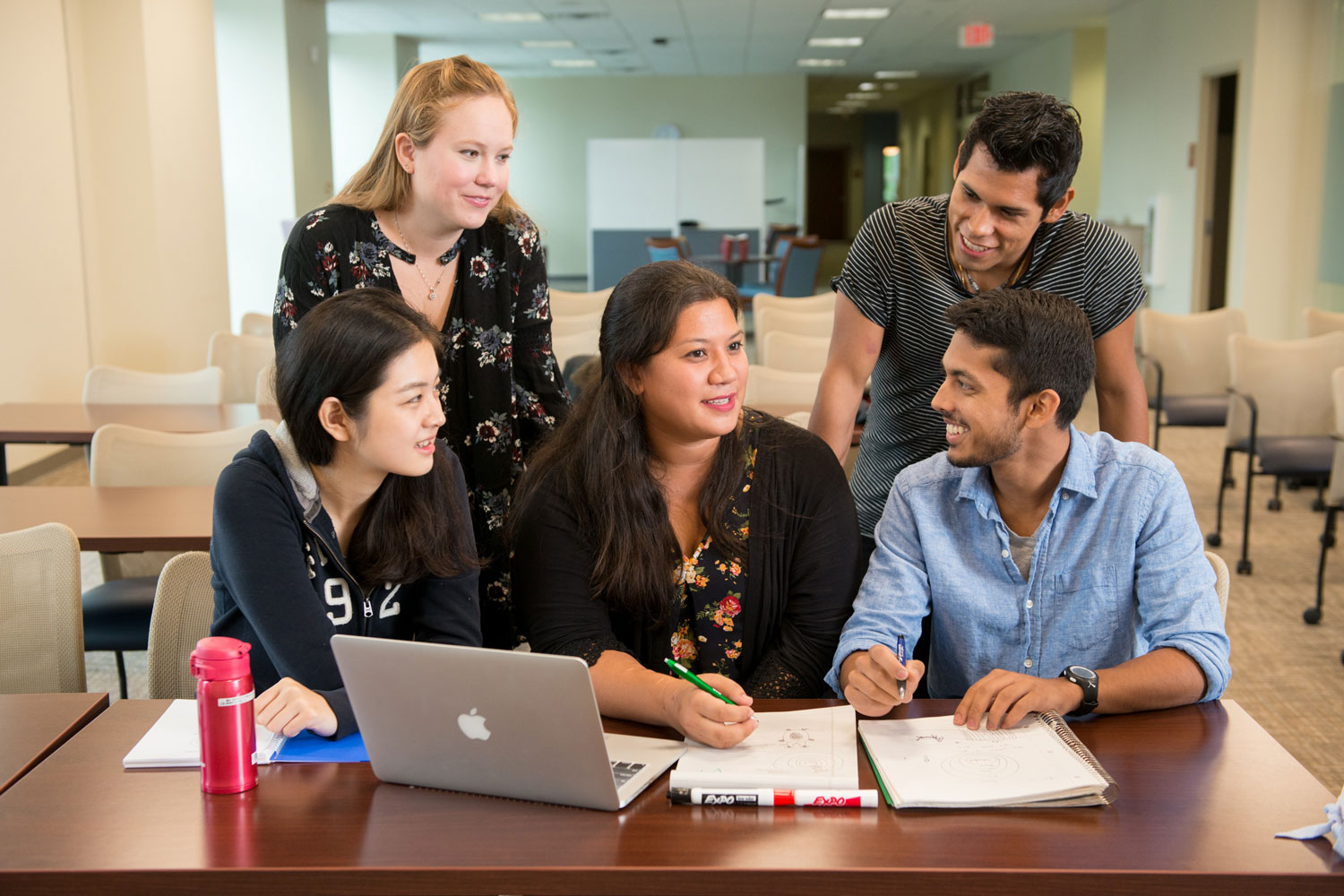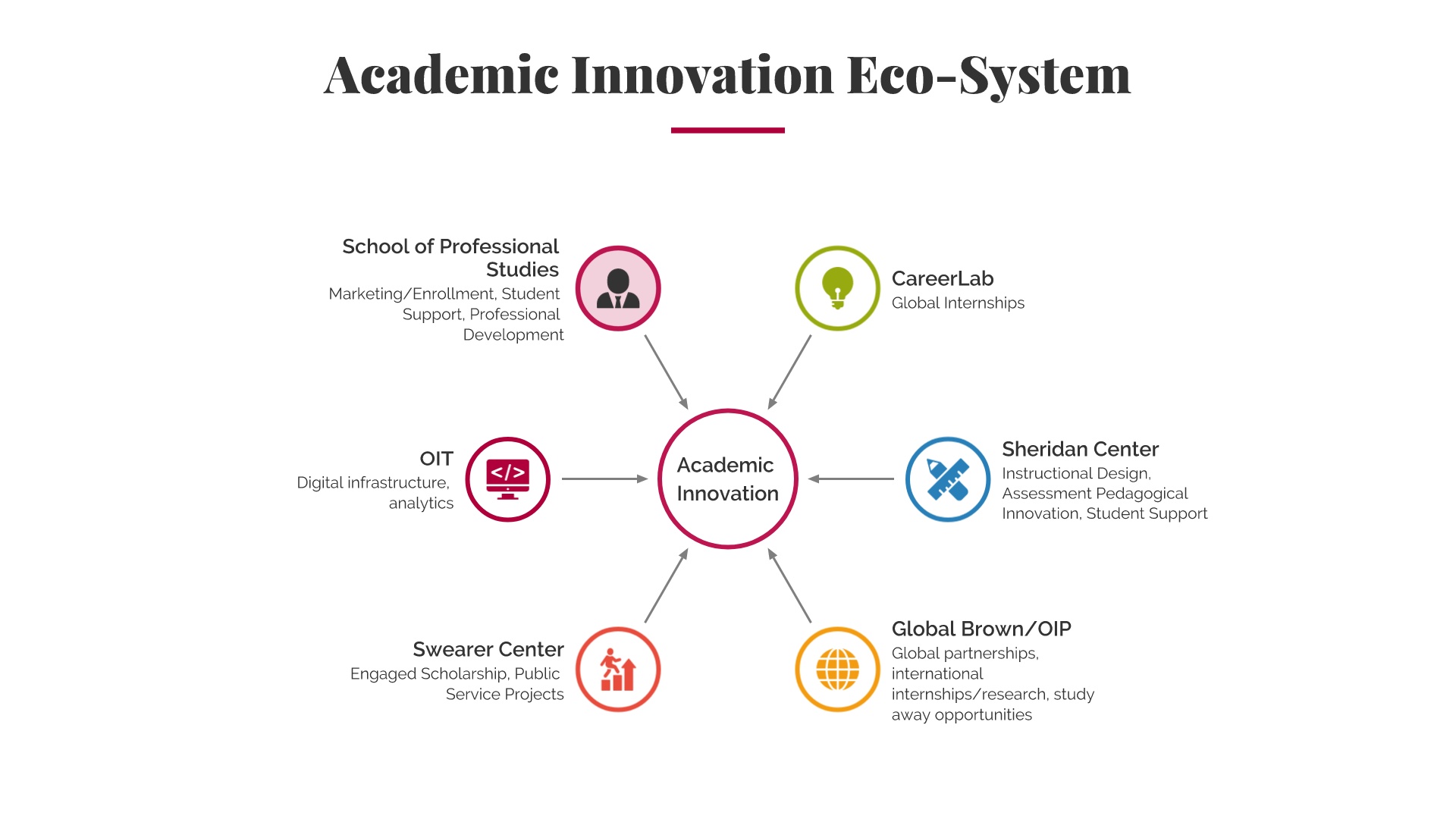Brown University makes every attempt to resolve student complaints within its academic and administrative departments. Students should first attempt to resolve any concerns by utilizing existing University procedures.
For Online Students Located in SARA Member States and Territories
After you have exhausted the complaint procedures made available by Brown University, you may submit written complaints and supporting documentation alleging consumer fraud, state licensing of postsecondary institutions, and/or quality of education or accreditation requirements relating to a Brown University online or blended course/program to:
Commissioner of Postsecondary Education
Rhode Island Office of the Postsecondary Commissioner
560 Jefferson Boulevard
Warwick, RI 02886-1304
401-736-1100
www.riopc.edu
Recommended Content of the RI-SARA Complaint
Initial complaints should include the complainant’s full name, address and contact information, including email address and telephone number. Complaints should specify enrollment status, i.e. whether the student is a current, former or prospective student; and they should be specific in describing the nature of the complaint and relevant information: the name of the parties involved, including witnesses, dates, the name of the institution, the policy or procedure violated (if known) and contact information. Any supporting material that substantiates the complaint also should be included.
After receiving a complaint, the OPC will review the submitted materials and contact the submitter for any required additional information or clarifications. The OPC will then send a copy of the complaint to Brown and ask for a response within three weeks.
After receiving Brown’s response, the OPC will determine whether Brown's student complaint process has been followed and exhausted and what additional steps or follow-up may be taken. The OPC will inform both parties involved in the complaint.
If a person bringing a complaint is not satisfied with the outcome of the institutional process for handling complaints, the complaint (except for complaints about grades or student conduct violations) may be appealed to the OPC within two years of the incident about which the complaint is made. The resolution of the complaint by the OPC, through its RI-SARA complaint resolution process, will be final.
If you have questions about the complaint process, or want to clarify that your individual complaint is reviewable by the OPC, please feel free to contact the OPC office by phone at 401-736-1100 or online at www.riopc.edu.
Complaints involving quality or accreditation requirements may also be filed directly with:
New England Commission of Higher Education (NECHE)
3 Burlington Woods Drive, Suite 100
Burlington Woods, MA 01803-4514
781-425-7785
Information for the Public: Comments and Complaints
Brown University’s accreditation documents may be viewed here:
NECHE Accreditation
PLEASE NOTE: Students residing in California who wish to file a complaint and supporting documentation alleging consumer fraud, state licensing of postsecondary institutions, and/or quality of education or accreditation requirements regarding a Brown University online or blended course/program should contact:









